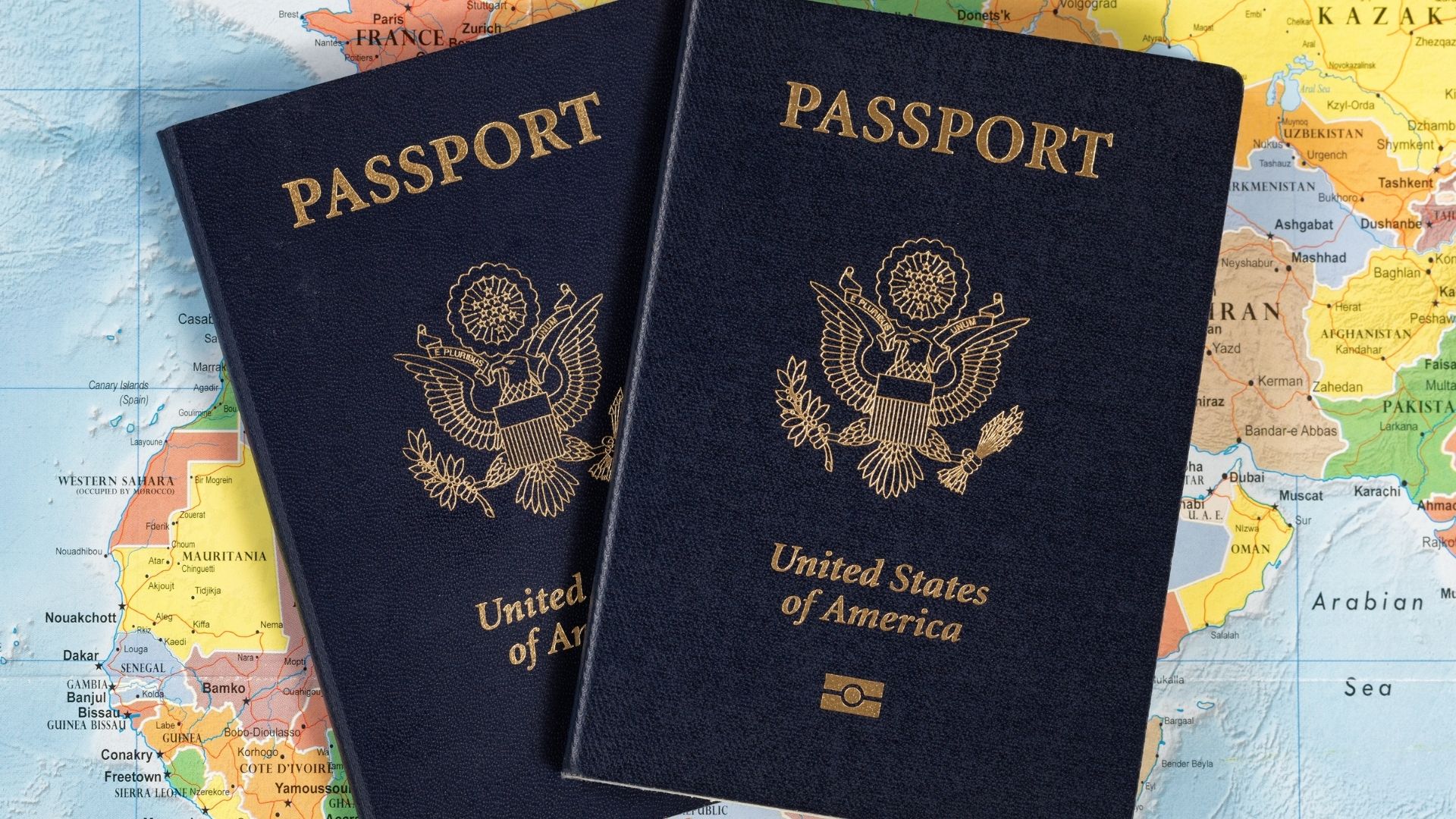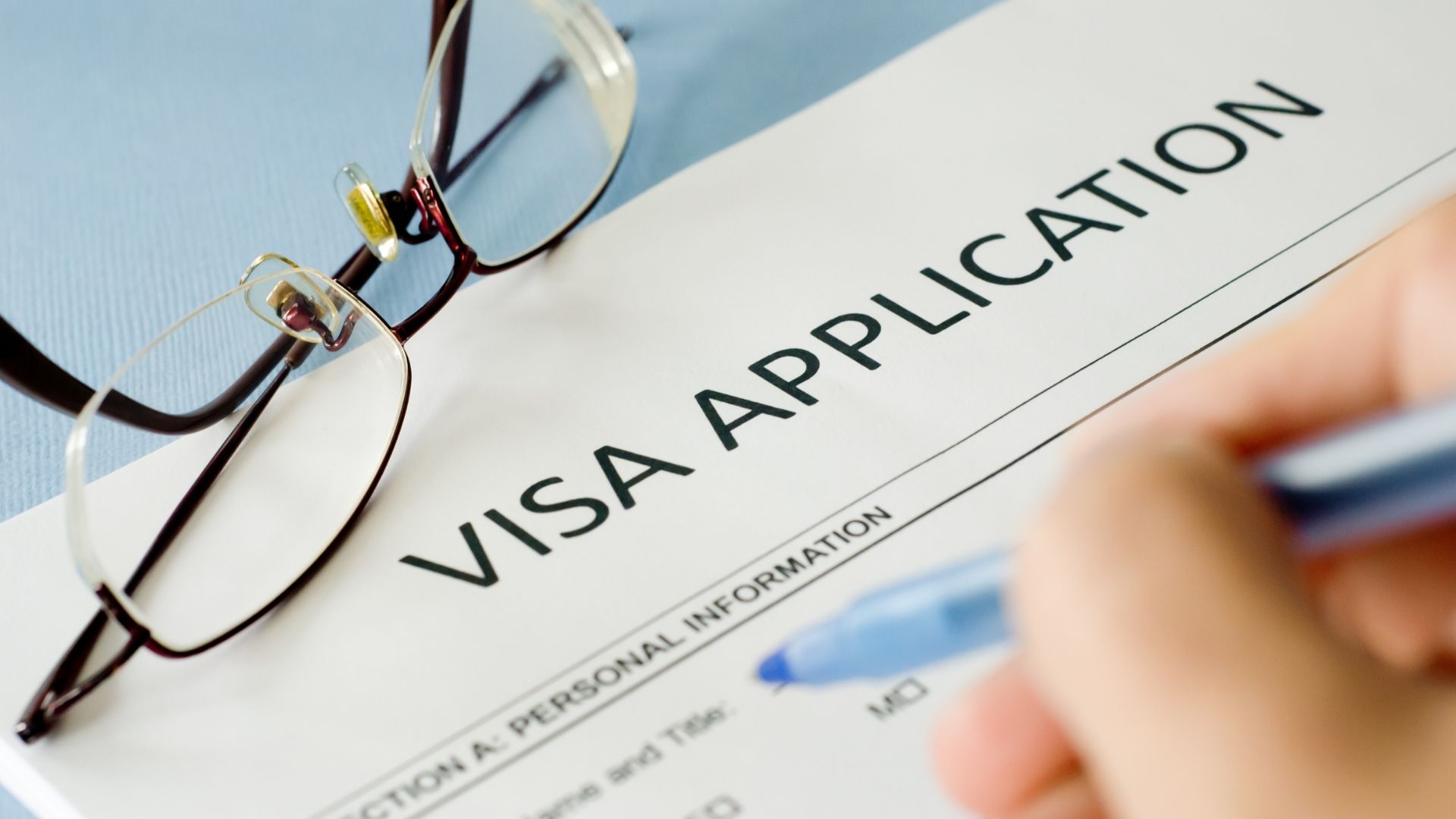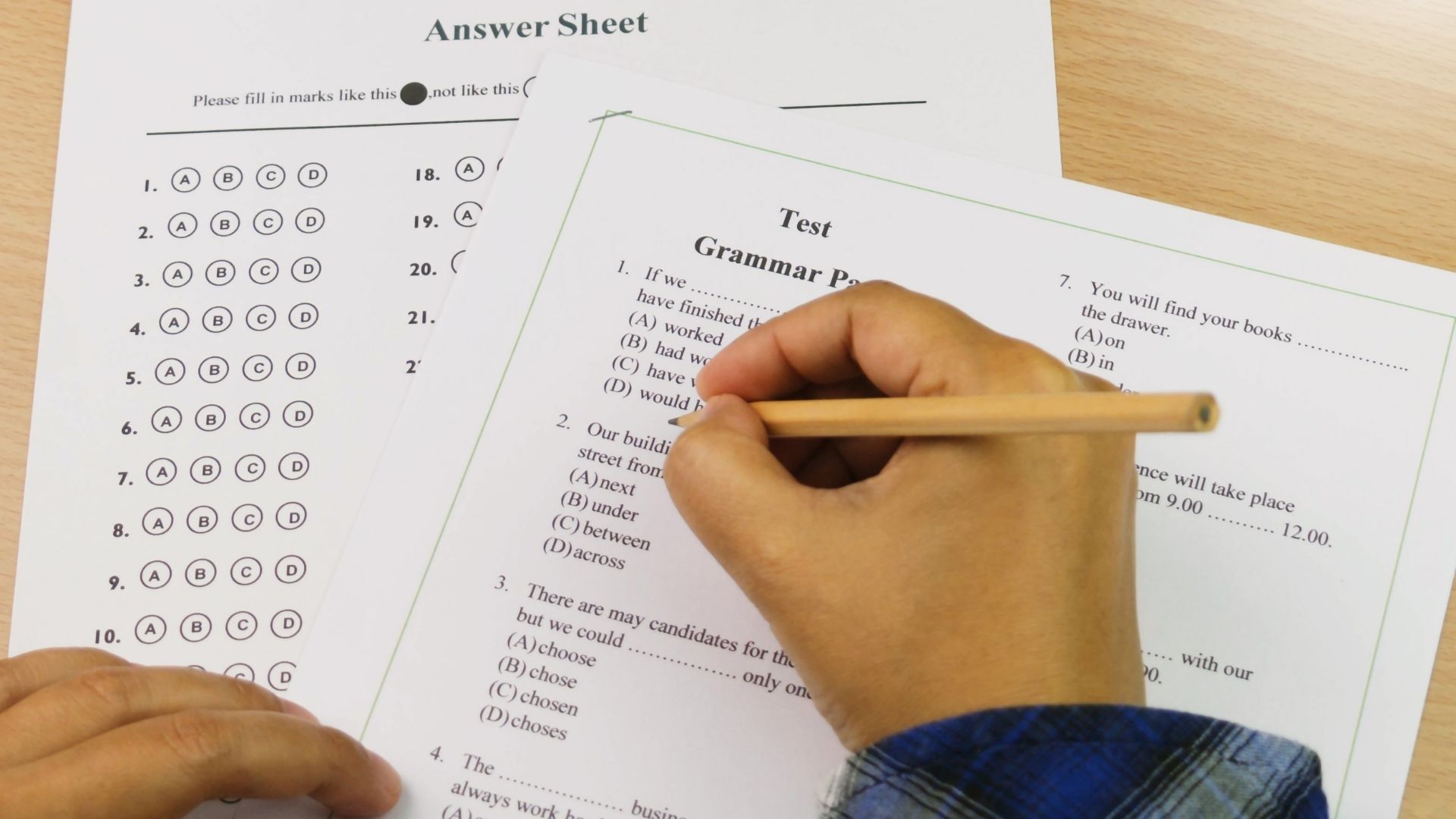
Categories: Important Updates, London Living
Moving to the UK to study can be daunting and nerve-wracking. With lots of research and information to absorb about visas and safety, we’ve decided to take some of your stress away by compiling everything you need to know into one easy to digest guide. Take a look below and learn all about what it takes to become an international student in the UK.
Check out our top tips below or our FAQ's if you’re interested to know more about our school and campuses.
There are some requirements that you need to make sure you’re familiar and up to date with before committing to studying abroad and arranging your flight to the UK. Understanding the English language, what visa you should be applying for, and your safety as an overseas student are all paramount to your application process as well as enjoying living as an international student.

How long you want to study for and which country you’re from will determine if you need to apply for a UK student visa. Check if you need a visa by visiting the government website. Once you have established whether or not you need a UK student visa, it’s then important to make sure you’re applying for the one that best suits your circumstances.
A short-term study visa is for anyone who plans to do a short course of study in the UK or is doing a short period of research as part of a degree from another country. If this sounds like you, you should apply for a visa up to 3 months before you plan to arrive in the UK.
General student visas are issued to those who have been offered a place on a course in the UK. To apply for this visa, you must also be over the age of 16, be proficient in the English language and have enough money to support your stay in the UK. We suggest you read more about the eligibility requirements on the UK government's website.
Appointments are necessary for many visas for the UK, including student visas. These appointments are an opportunity to prove your eligibility and also give details such as your biometrics. Biometric information includes having your photograph and fingerprints taken. Make sure to have all of your paperwork prepared before attending the appointment.
As each visa has different rules, it is important to check the requirements of the visa which is specific to you. Some student visas allow you to travel to the UK up to one month before your course starts, whereas others only allow one week. Make sure you check your visa restrictions before booking your travel.
If you wish to stay in the UK after your student visa has expired, it is important to check whether you need a tourist visa, student visa or work permit. Overstaying your visa in the UK can have many serious consequences that could affect you, especially if you wanted to return to the UK in the future.
As of mid-2021, short-term study visa fees are £97 for 6 months and £186 for 11 months. General student visas (Tier 4) and child student visa fees are £348. There may also be other costs involved when applying for a UK student visa such as healthcare surcharges or if you wanted to pay for a faster decision on your application.

When applying to become an international student, you may need to take one of the IELTS tests to support your application to study abroad. The International Language Testing System (IELTS) is the world’s most popular English language test. The assessment includes listening, reading, writing and speaking.
The British Council has free online courses and resources to help you prepare for your test. These tests are a completely normal process for any type of global migration. They will ensure your English is at a standard which means you’ll not only succeed in your course but you will also feel more comfortable integrating into UK culture and your local community.
If you're looking for a more serious Exam Preparation course, we're naturally happy to recommend our very own!
Select from below to filter by category.
Subscribe now and get our monthly enewsletter with all our latest tips and guides.